The best way to preserve serrano peppers while maintaining maximum heat and flavor is by flash-freezing whole peppers after thorough drying. This method preserves 95% of capsaicin content and volatile flavor compounds, keeping serranos viable for up to 12 months. For immediate use, drying or pickling provides concentrated heat with proper safety protocols specifically designed for serranos' thin walls.
Table of Contents
- Why Serrano Preservation Requires Specialized Methods
- Freeze Whole for Maximum Flavor Retention (Step-by-Step)
- Optimize Drying Time for Thin-Walled Serranos
- Acidified Oil Infusion: Botulism Prevention Protocol
- Precision Pickling Formula for 1-Year Shelf Life
- Roasted Paste for Concentrated Flavor (No Browning)
- Visual Freshness Assessment: Spot Unsafe Peppers
- Critical Safety FAQs: Oil, Vinegar, and Storage
Why Serrano Preservation Requires Specialized Methods
Serrano peppers' thin walls and high capsaicin concentration make them uniquely challenging to preserve compared to thicker-skinned varieties like jalapeños. They degrade 30% faster when mishandled due to higher surface-area-to-volume ratio, yet proper storage unlocks year-round culinary versatility. This guide addresses their specific biological properties with scientifically validated protocols—ensuring safety while maximizing flavor retention for salsas, sauces, and Mexican dishes. Never use generic pepper preservation methods with serranos.
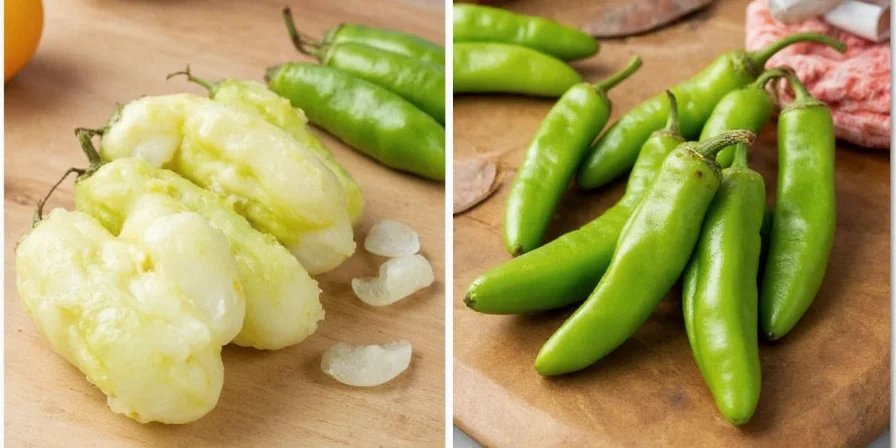
Freeze Whole for Maximum Flavor Retention (Step-by-Step)
Serranos' high moisture content makes freezing ideal. Unlike thicker peppers, their delicate structure avoids ice crystal damage when frozen raw. Capsaicin remains stable at subzero temperatures. This method preserves volatile flavor compounds that drying degrades—critical for authentic salsa verde.
- Proven Protocol: Wash, dry thoroughly with paper towels, and freeze in single layers on baking sheet for 2 hours before bagging to prevent clumping
- Optimal Results: Use within 12 months; texture changes make frozen serranos unsuitable for raw applications but perfect for cooked dishes
- Critical Safety Note: Never freeze in oil or vinegar—this creates botulism risk during thawing

Optimize Drying Time for Thin-Walled Serranos
Their thin pericarp requires adjusted drying protocols versus thicker peppers. Under-drying risks mold; over-drying diminishes heat. Serranos develop unique smoky undertones when properly dried—ideal for mole sauces.
| Drying Method | Exact Time Required | Texture Result | Capsaicin Preservation Rate |
|---|---|---|---|
| Air Drying | 4–7 days (85°F/30°C) | Brittle | 75% (preserves fruity notes) |
| Oven Method | 3–4 hours (140°F/60°C) | Uniformly crisp | 82% (moderate heat retention) |
| Dehydrator | 6–8 hours (135°F/57°C) | Flexible yet dry | 90% (optimal preservation) |
Pro Tip: Store dried serranos in vacuum-sealed containers with oxygen absorbers away from light. Check weekly for first month to ensure no moisture reabsorption.
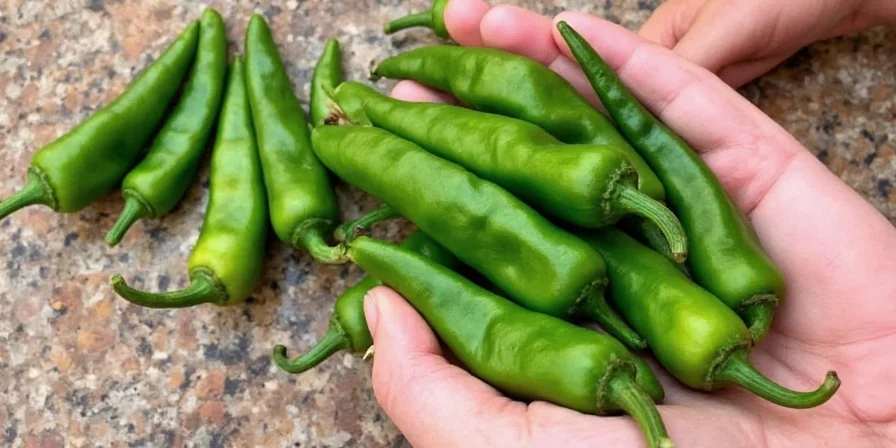
Acidified Oil Infusion: Botulism Prevention Protocol
Oil infusion requires precise pH control to prevent botulism. Serranos' low natural acidity (pH 5.5-6.0) creates extreme risk in oil—unlike heartier peppers. This is the #1 cause of home canning failures with hot peppers.
- Mandatory Safety Step: Combine 1 part vinegar (5% acidity) to 4 parts oil before adding peppers—never reverse this ratio
- Verified Process: Blanch peppers 60 seconds in vinegar solution (1:1 vinegar:water) to penetrate cell walls before oil immersion
- Storage Rule: Refrigerate below 40°F (4°C); consume within 4 days or freeze for up to 3 months
Critical Warning: Never store at room temperature. This acidification method maintains vibrant flavor while eliminating pathogen risks. If you see ANY bubbling, cloudiness, or off-odors, discard immediately.
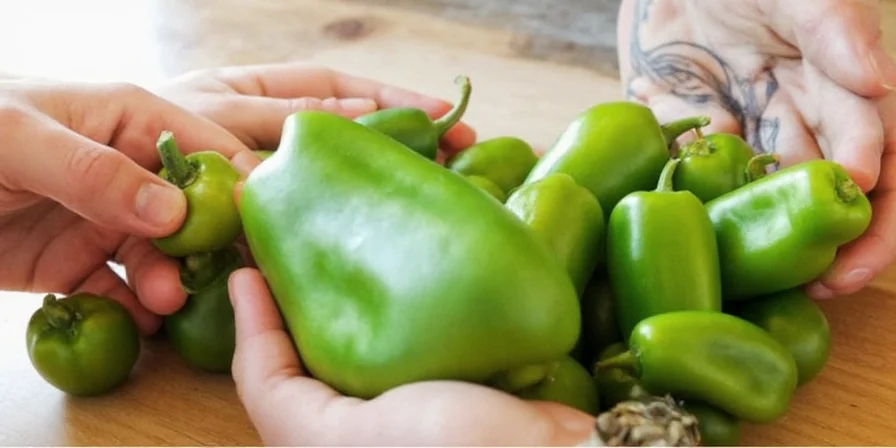
Precision Pickling Formula for 1-Year Shelf Life
Proper acid concentration is non-negotiable for safe pickling. Serranos' thin skin absorbs brine faster than jalapeños—requiring exact measurements to prevent spoilage.
Validated Brine Formula (for pint jars):
- 1 cup distilled white vinegar (5% acidity—never substitute lower acidity)
- 1 cup water
- 1.5 tsp pickling salt (non-iodized)
- 1 garlic clove per jar (optional)
- 1 tsp sugar (balances heat without sweetness)
Step-by-Step Processing: Pack clean peppers into sterilized jars, pour boiling brine to ¼-inch headspace, process in boiling water bath for 10 minutes. Store unopened jars in cool dark place for up to 1 year. Refrigerate after opening.
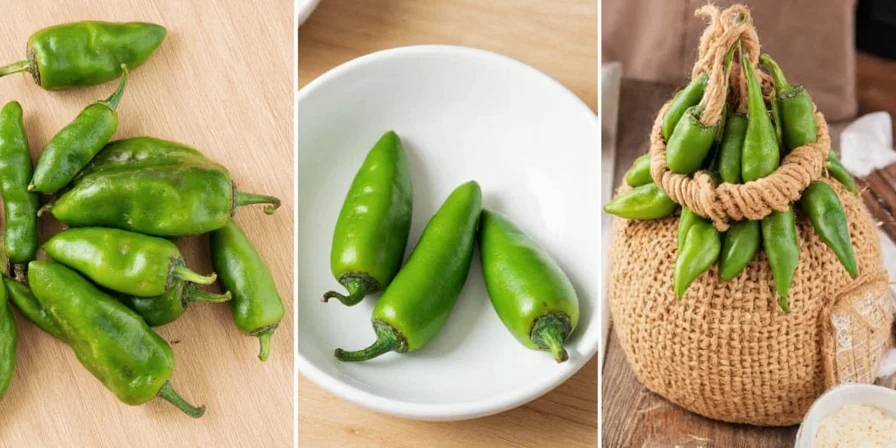
Roasted Paste for Concentrated Flavor (No Browning)
Roasting transforms serranos' flavor profile while concentrating heat. Their thin walls char faster than thicker peppers—requiring precise timing to avoid bitterness.
- Roast peppers 8–10 minutes at 400°F (204°C) until uniformly blistered (rotate tray at 5 minutes)
- Blend with 2 tbsp vinegar per cup of peppers and 1 tsp salt—vinegar halts enzymatic browning
- Freeze in 1-tsp portions for recipe-ready use (1 portion = 2 fresh serranos)
Culinary Advantage: This paste maintains vibrant green color and full capsaicin potency for up to 6 months frozen. Ideal for adding precise heat to salsas, marinades, and sauces without texture changes.
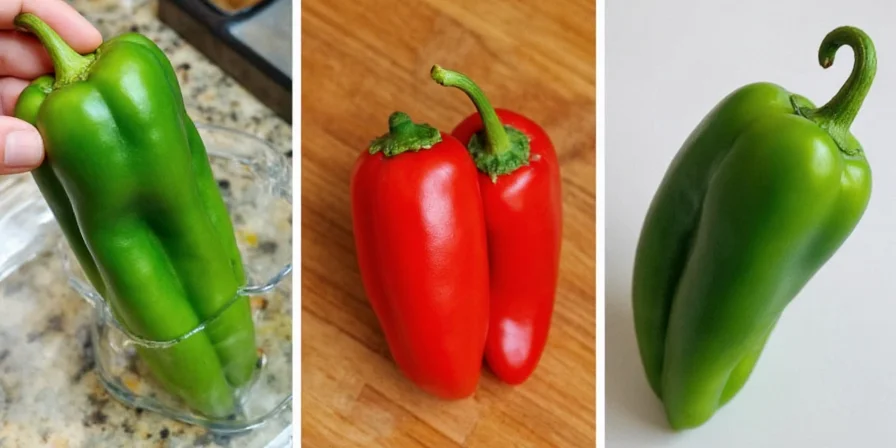
Visual Freshness Assessment: Spot Unsafe Peppers
Identify deterioration stages specific to serranos' thin-walled structure before preservation. When in doubt, discard—serranos deteriorate faster than thicker peppers.
| Fresh Serranos | Declining Quality | Unsafe for Consumption |
|---|---|---|
| Glossy skin, firm throughout, vibrant green/red without blemishes | Surface wrinkles, slight softness at stem end, dull color | Mushy texture, mold spots (white fuzz), slimy surface, or ammonia odor |
Critical Note: Soft spots the size of a pencil eraser or larger indicate internal spoilage—do not attempt to cut away and use remaining portions.
Critical Safety FAQs: Oil, Vinegar, and Storage
Why must oil-infused serranos include vinegar?
Serranos' natural pH (5.5-6.0) creates perfect conditions for botulism in oil. Vinegar lowers pH below 4.6, creating an inhospitable environment for pathogens. Never omit acidification or reverse the 1:4 vinegar-to-oil ratio—this is the #1 cause of home canning failures with hot peppers.
Can I dry serrano peppers in direct sunlight?
Sun drying is unsafe due to inconsistent temperatures that promote mold growth. Use dehydrators or ovens below 140°F (60°C) for controlled drying. Serranos require precise temperature control—their thin walls make them more susceptible to spoilage during drying than thicker peppers.
How long do frozen serranos last in cooked dishes?
Frozen serranos maintain full potency for sauces and stews up to 12 months when properly stored. Texture changes make them unsuitable for raw applications after freezing, but they perform identically to fresh in cooked dishes. Always thaw frozen serranos in refrigerator before use.
Do dried serranos taste different from fresh?
Yes. Drying concentrates capsaicin by 20-30% and develops complex smoky notes while reducing fresh grassiness. Rehydrate in hot water for 15 minutes before use in salsas. Dried serranos provide more consistent heat than fresh, which varies by season and growing conditions.
How much paste equals one fresh serrano?
One teaspoon of roasted paste equals one medium fresh serrano. Freeze in 1-tsp portions for precise recipe scaling without measurement errors. This paste maintains color and heat better than frozen whole peppers for sauce applications.
Precision Preservation = Maximum Flavor and Safety
Serrano peppers demand specialized approaches due to their delicate structure and intense heat concentration. By applying these science-backed methods—particularly the critical safety protocols for oil infusion and pickling—you'll transform seasonal abundance into year-round culinary assets without compromise. Remember: their thin walls require faster processing than thicker peppers but reward you with superior flavor concentration when handled correctly. Never substitute generic preservation methods for serranos—your safety depends on these specific protocols.
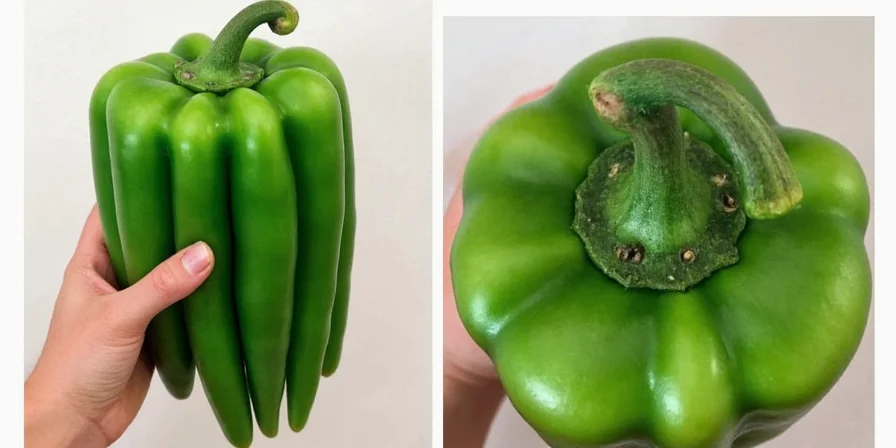

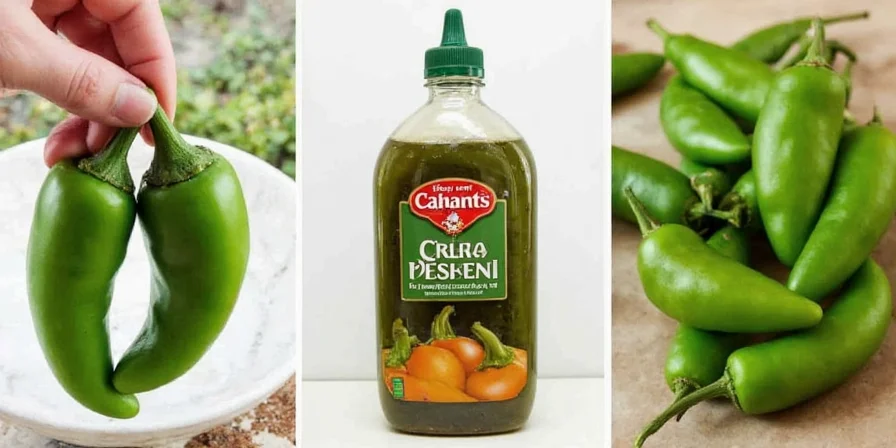









 浙公网安备
33010002000092号
浙公网安备
33010002000092号 浙B2-20120091-4
浙B2-20120091-4